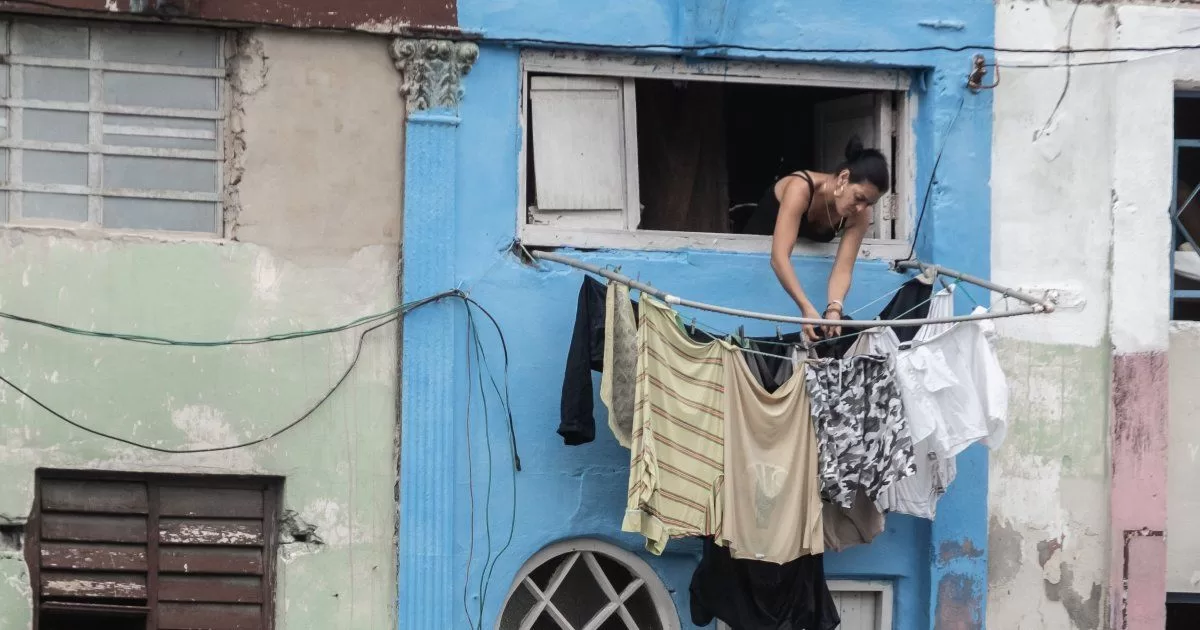“Having HIV will no longer be a criterion of discrimination on principle” in order to integrate the French Army. This Monday, May 8, the Minister of the Armed Forces Sébastien Lecornu announced the end of the ban on the hiring of soldiers carrying the human immunodeficiency virus (HIV). The decision was taken on the proposal of Interior Minister Gérald Darmanin. “This state of affairs linked to the military status and the constraints it imposes seems to have to evolve,” said the tenant of Place Beauvau to AFP.
The measure should apply to all professions whose recruitment depends on the Minister of the Armed Forces, namely the military, the gendarmes as well as the firefighters of Paris and Marseille. A change of course justified by the improvement of antiviral treatments, which now allow people on triple therapy to no longer transmit HIV.
When will this ban end?
The government wants to move quickly. In the letter sent by Gérald Darmanin to Sébastien Lecornu, the Minister of the Interior asks that the decree be published “in the coming days”. A boost that the associations link to the holding of a hearing on this subject before the Council of State at the beginning of the year. According to Etienne Deshoulières, lawyer for seven LGBT + organizations at the origin of the referral, the magistrates “implied by their questions that there was indeed discrimination. I think that the representatives of the ministries felt it”, he told AFP.
Why has this discrimination persisted for so long?
The ban on access dates back to the 1980s, when the virus first appeared. Despite numerous requests from associations defending the rights of HIV-positive people, the Army health service, responsible for validating recruitment, has always refused to overturn this ban, citing medical reasons. An association quoted by the newspaper The Parisian refers to an argument cited by the ministry during discussions, according to which, “in a somewhat schematic way, transporting treatments to operational sites posed major logistical problems”.
What is the Sigycop, this device that prevented HIV-positive people from entering the police and the army?
Until today, the refusal to integrate HIV-positive people into the Army was motivated by the use of Sigycop. This device for analyzing the state of health of people consists of a score ranging from 1 to 5, on seven criteria: the state of the upper limbs, the lower limbs, the general state, the vision, the chromatic sense, hearing and mental state. HIV infection gave a maximum score of 3 in the general condition criterion, resulting in the exclusion of infected persons.
Since November 2022, this scale is no longer used for the recruitment of police personnel, and will therefore be excluded from medical visits by the army as soon as the decree promised by Sébastien Lecornu is adopted.
Are there any professions that are prohibited for HIV-positive people?
In principle, an HIV-positive person can have access to all professions in the private sector. The refusal of the employer to hire an employee because of his HIV infection is moreover considered as discrimination linked to the state of health. In the past, access to professional categories such as cabin crew in commercial airlines may have been barred to HIV-positive people, but the restrictions were lifted following court complaints.
Same thing in the public sector. Until November 2022, people with HIV could not enter the police. They were quite simply excluded from the competitions for the National Police Academy. The lifting of the ban was welcomed by associations defending the rights of HIV-positive people.


